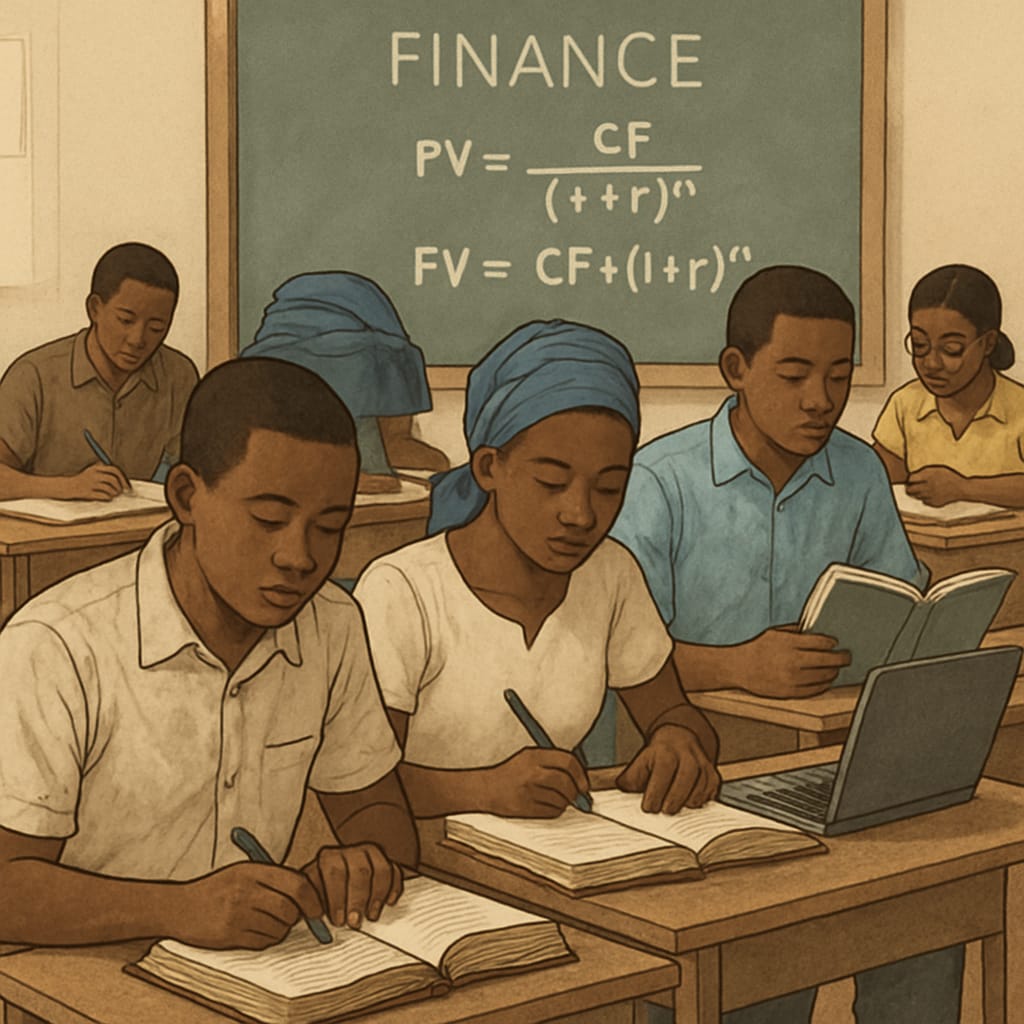In Mali, a 19-year-old finance student faces a dilemma shared by many young professionals in developing countries. With limited financial job prospects at home and the allure of studying abroad, the question becomes: should one stay and contribute to local development or venture abroad for broader opportunities? Balancing the realities of Mali’s job market with the promise of overseas education is no easy task, especially for those striving to build a career in finance.
Challenges of Building a Finance Career in Mali
Mali, like many developing nations, faces significant economic and social hurdles that directly impact its job market. The financial sector, though growing, is underdeveloped and offers limited opportunities for young graduates. For instance, the banking industry in Mali employs fewer people compared to developed economies, and competition for these jobs is fierce. Furthermore, many positions require extensive experience, leaving entry-level graduates struggling to get a foothold.
In addition to job scarcity, the quality of education in Mali plays a critical role in shaping career outcomes. While the country has made strides in expanding access to higher education, resources remain constrained, and many universities lack the infrastructure to provide specialized training in fields like finance. As a result, students often feel unprepared to compete in either local or global markets.

Opportunities Abroad: The Appeal of Studying and Working Overseas
For Malian students, studying abroad represents a chance to access world-class education and develop skills that are in high demand globally. Countries like France, Canada, and the United States attract many students from Mali, especially those pursuing careers in finance. These nations not only offer advanced educational programs but also expose students to diverse professional networks and internship opportunities.
However, studying abroad also comes with challenges. The cost of tuition and living expenses can be prohibitive, and scholarships are often limited. In addition, students must navigate cultural adjustments and the potential of feeling disconnected from their home country. Despite these hurdles, many young Malians view studying abroad as a worthwhile investment in their future.

Striking a Balance: Decision-Making for Malian Finance Students
For students weighing their options, several factors come into play:
- Financial Considerations: The cost of studying abroad must be balanced against potential long-term benefits, such as better job prospects and higher salaries.
- Personal Goals: Some students prioritize contributing to Mali’s development, while others aim for global careers.
- Family Expectations: Many students face pressure to stay close to home or provide financial support to their families.
Ultimately, the decision is deeply personal and depends on individual circumstances. For the 19-year-old finance student in Mali, the choice between staying or going is not just about career growth but also about identity, ambition, and the desire to make a meaningful impact.
Conclusion: Navigating the Crossroads
The story of Malian finance students is emblematic of a broader challenge facing youth in developing countries. Limited local opportunities push them to consider overseas education, but this path is not without its sacrifices. By carefully evaluating their goals, resources, and aspirations, students can make informed decisions that align with their vision for the future.
For governments and educational institutions in Mali, addressing these challenges is critical. Investments in higher education and job creation could provide young professionals with viable options at home, reducing the need for them to seek opportunities abroad. Until then, the balancing act between local and global opportunities will remain a defining feature of their career journeys.
Readability guidance: This article uses short paragraphs and clear subheadings to improve readability. Lists are provided to summarize key points, and transitions (e.g., “however,” “in addition,” “as a result”) are used throughout the text. Passive voice is minimized, and sentence length is controlled for clarity.


